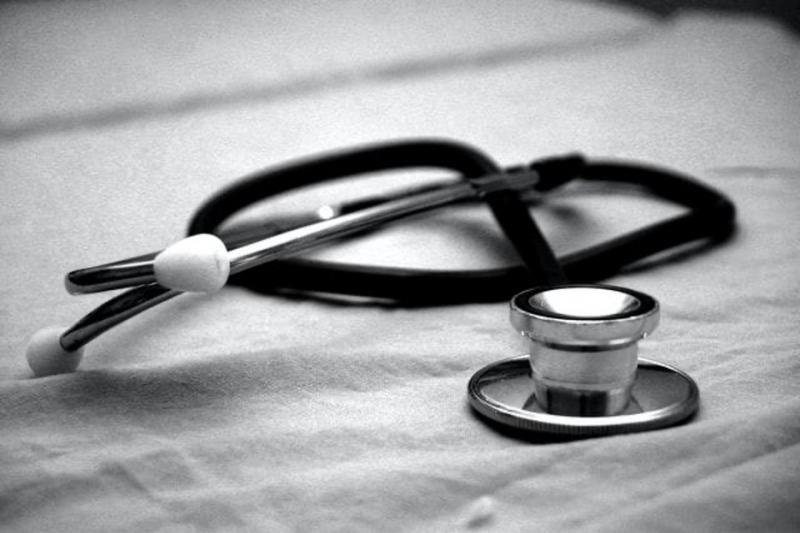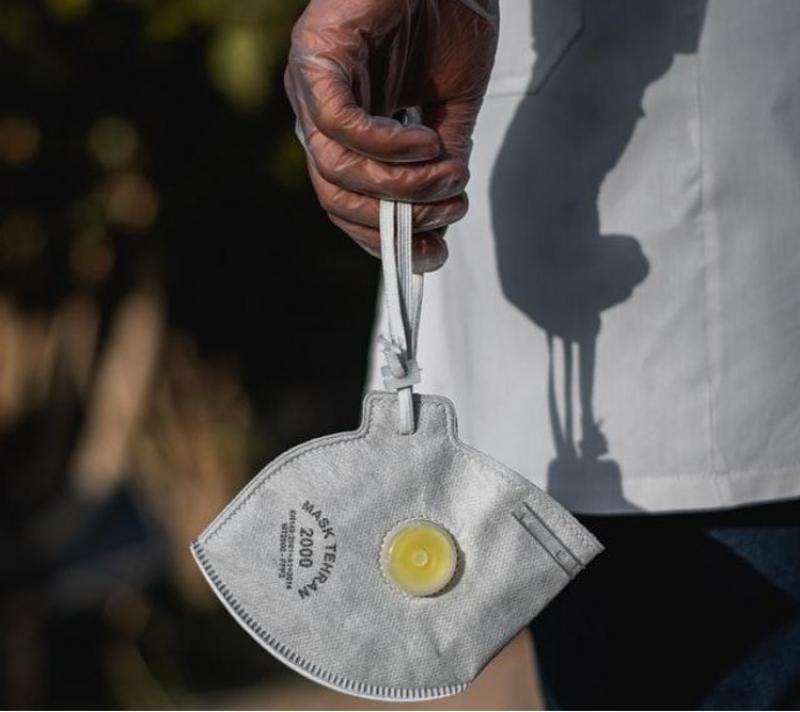Tips To Prepare For Medical Negligence W/ Solicitors In Dublin

Regardless of the industry and the professional's level of skill, no one is without error. Even the most talented physician in Dublin can be responsible for the unthinkable mistake. Medical personnel at every level have the capacity to bring harm to patients for reasons as simple as carelessness.
Anyone who experiences medical negligence should in no way settle for a mere apology along with the repercussions of the act. Sadly, some individuals sign on with the optimum care available but endure complications or, worse, succumb to fatality. Patients have a legal right to receive compensation for their suffering from the resultant injuries.
Without the assistance of a professional medical negligence solicitor, it won't be easy to have a successful claim. The medical healthcare industry spends substantial amounts of money annually for insurance to cover these claims.
Insurers in this industry have groups of highly trained solicitors ready to defend their policyholders aggressively. That doesn't mean you shouldn't try; it means you should prepare.
Tips For Preparing A Medical Negligence Case With Your Dublin Solicitor
If you find you or a family member suffering ill effects from a medical procedure where a provider's actions or omission of such rendered their performance as falling far below what would deem "acceptable standard of care," resulting in a poor circumstance, that would constitute malpractice. Further, the determination would be that another physician could have outdone the performance in a similar scenario. Go here to learn if there might be another way to handle medical mistakes.
These claims are exceptionally complicated, time-intensive, and budget-draining, with a solicitor having to work diligently against the teams of aggressive legal experts working with the insurer. The critical component is ensuring that you come prepared with your claim. Some tips to help your case include:
- Educate On What Determines Medical Negligence
Each case is individual and unique, with no two exactly alike regardless if it's coincidentally the same doctor performing the same procedure. The indication is that two specific components are mandatory for a legitimate claim:
- The patient's treatment deems far below what would be considered the standard for medical care.
- It is verifiable that the medical physician did, in fact, cause severe injury or worse that would not have otherwise happened.
Negligence occurs when medical personnel fails to perform or perform inadequately compared to what another provider of reasonable capacity would do under similar circumstances. Learn why a majority of doctors face suit at https://malpracticecenter.com/most-common-reasons-doctors-sued/. Common mistakes occur from:
- Failed Diagnosis: A dangerous condition is not readily identified or follows an inaccurate diagnosis. In this situation, a physician could be accountable for the resultant damages.
- Inappropriate Treatment: Malpractice is the determination, typically, when medical personnel prescribes a wrong pharmaceutical or requests an improper treatment or perhaps orders the right meds in the wrong dosage.
- No Instruction/Warnings: Suppose a patient is not adequately instructed on pharmaceuticals or advised of the potential side effect. In that case, there could be a possible claim if harm comes to that person who did not receive a reasonable opportunity to decide against taking the substance due to the adverse reactions.
Remember who medical personnel involves:
- Surgeons
- Radiologists
- Obstetricians
- Physicians
- Physician assistants
- Nurse/Nurse Practitioner/Midwives
- Hospitals
- Anesthesiologists
- Urgent Care Centers
- Pharmacists
- Labs
- Dentists

- Product Liability Is Different From Malpractice
Medical equipment is assistive devices medical personnel use to assist patients in varied ways. Defective medical equipment injuries are separate and handled differently than negligence cases. If you have one found to be deficient with the potential to render you unsafe or bring danger to you, the claim would have a basis on product liability, not malpractice. It would go against the manufacturer instead of the provider.
In the same vein, you can also seek compensation from manufacturers of pharmaceuticals that bring harm. Manufacturers are also well insured with high-powered legal teams, making it essential that you find the best solicitor to help you fight for your claim.
- Pay Attention To The Statute Of Limitations
Legal statutes typically will set deadlines for claimants to settle their medical claims or perhaps file suit against the person that has acted inappropriately. If the deadline passes, you lose the right to fight for compensation, either for your injuries or a fatal result for a family member.
These processes can often be complex with short statutes. It's critical to have a solicitor guide you through the red tape, so you don't lose your opportunity to fight for your rights.

- Provide All The Requested Documentation
The solicitor will need a complete medical history, from which you will need to sign off per HIPAA guidelines. Ensure you're thorough in providing as much detailed information, including dates of appointments, admissions to the hospital, diagnostic testing.
Fortunately, with technology, many providers have gone to electronic medical records, and much of this information is available to patients in printable form, making the process much more straightforward. Anything leading up to the incident will need to be readily available. Plus, the solicitor will subpoena records to help the process progress faster.
Final Thought
You need to make sure to keep a diary of how your life changed due to the damages you sustained or the loss of your family member. It should be detailed on a day-to-day basis to speak for the emotional challenges you face regularly.
In the diary, include what you can about your health situation up to the event and after the circumstances, follow with dated notes concerning the daily struggles like:
- Additional treatments you need to endure
- Pain level
- Physical limitation or changes
- Finding the error
- Symptoms
- Possible trauma, including nightmares
- How your activities are affected
With a negligence claim, compensation means to satisfy any discomforts you're enduring based on the damages you experienced.
That can include the fact that you need someone to come in and feed your dog because you can no longer take care of that activity due to new limitations. Or perhaps you need a caretaker to come in to help with personal care because this is challenging for you currently.
You might have otherwise not been left with these types of damages or restrictions if it were not for subpar medical care. Contact a solicitor to help you fight for deserved compensation. You do have rights; you don't have to suffer in silence.
More to Read:
Previous Posts:










